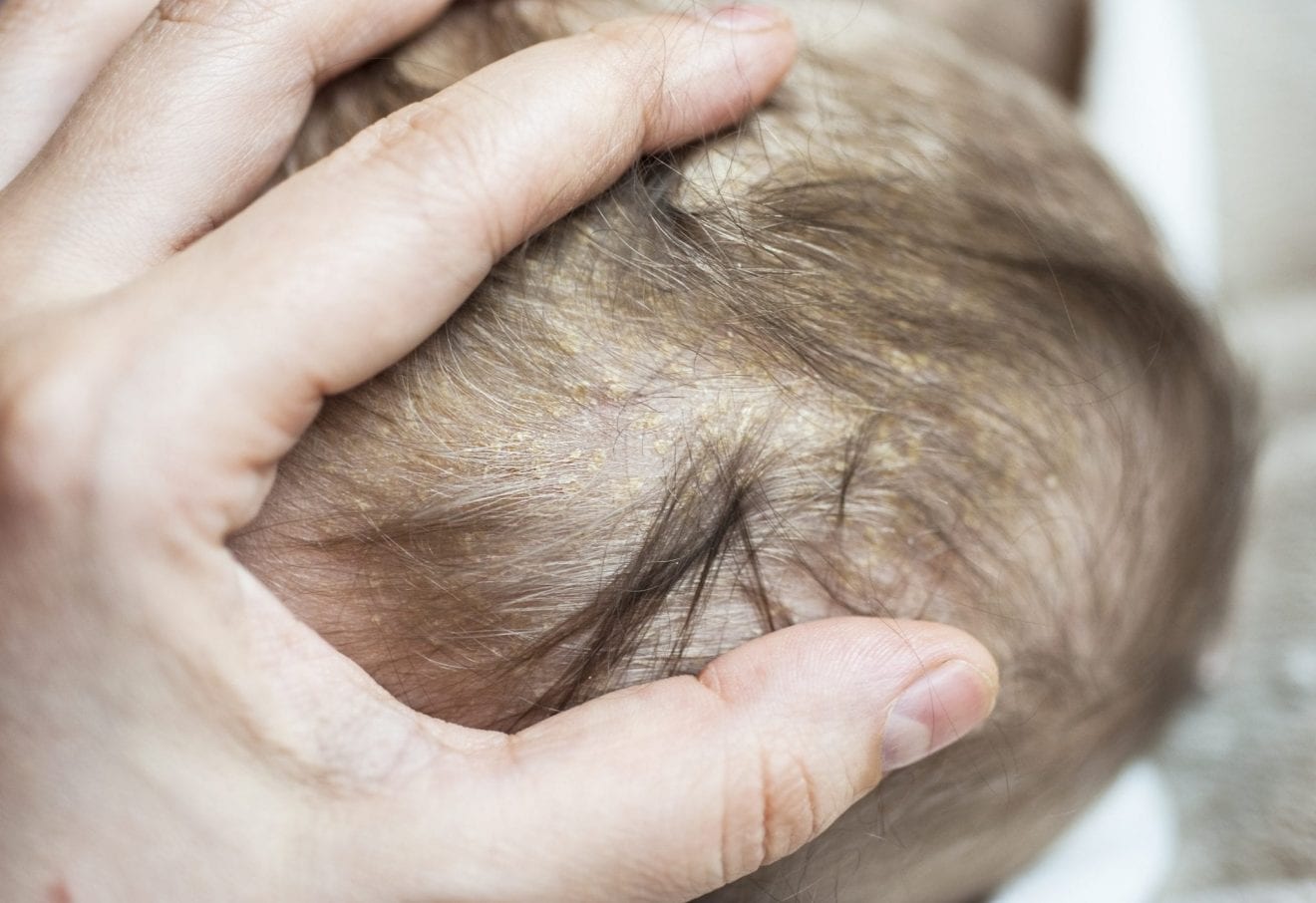3
This Post: Are You Negatively Labeling Your Teen? Here’s How to Tell and Why You Should Stop
Written By: Jessica Manning
I was labeled as a “bad driver” when I was 16 years old when I backed into a car while driving my mom’s minivan carrying eight of my closest friends. It’s a label slapped on me by my family and friends that ultimately stuck and proved true after having had a few more fender benders in the years that followed.
Even though I’ve been driving for 28 years now and have years of experience under my belt, I still have it stuck in my head that I’m a crummy driver – a perception that has been quite inhibiting throughout my adulthood. To this day, I don’t like driving, and I avoid going to certain places alone because of it.
I thought I’d seen the end of my “being labeled” days, until recently when I was playing a game with my family and three of them answered “worry” to the question, “If Jessica were an emotion, which one would she be?” I was less than amused… I wanted them to say, “love.”
I couldn’t help but wonder if my family (and perhaps others) are labeling me, am I guilty of placing semi-negative labels on my own children under the guise of cute idiosyncrasies?
I mean, don’t we all have a “messy” child, or a “sassy” or a “wild” child? While none of these terms are necessarily bad, it’s easy to put labels on our kids that ARE bad – labels that unintentionally encourage less than helpful self-fulfilling prophecies. After all, there’s a fine line between a cute label versus a negative self-esteem-eroding label.
“My son? Oh, he’s the lazy one in the family.”
“My daughter is by far our most entitled child – she thinks everything should be handed to her on a silver platter.”
“Of all my kids, my son is my most challenging kid – he’s putting his dad and me through the wringer.”
It sounds harmless enough, right? But is it?
The fact is, these seemingly harmless, flippant, sometimes, said jokingly labels we put on our kids have a way of hitting deep to the core of their hearts. And anything that hits our kids’ hearts has staying power, meaning… they’ll remember it (and quite possibly carry it) for the rest of their lives.
I know we’re all guilty of it, at times. Heck, we’re parents, but we’re also human. But here’s why we need to be more aware of the labels we put on our kids.
Labels Turn Into Self-Perceptions
The more teens hear specific labels about themselves, the more they’ll start to believe them, which can affect their self-esteem. The world is already labeling our kids (quite often negatively); the last thing they need is for us to contribute to that negative messaging.
Teens, especially, are incredibly susceptible to the opinions of others. I can’t tell you how many times I’ve tried to convince teenagers I work with to focus on the opinions of those who love them. But what if their loved ones are inadvertently convincing them that they’re “lazy, forgetful, unambitious, fat, stupid, ungrateful, careless” or whatever it may be? There’s a good chance those negative labels will sink in and may very well write a tale that could be irreversible if overused.
Teens are Complex Beings
Teens think in black-and-white terms. If you give them a negative label, you risk it being all-encompassing in their minds. Once labeled as a “nerd,” they’re a nerd in their own eyes. Once labeled as weird, dumb, a loser, weak, or ugly… they’re likely to carry those perceptions with them.
I hate seeing this in schools where labels run rampant and can have an enormous impact on a teen’s self-worth and experience in school.
For example, many of the students at my school who are labeled as “partiers” are some of the most dedicated, welcoming, unassuming students with whom I work. How sad would it be if I chalked any of them up to being “bad” kids like their label might imply? Help your teens understand that they, and their peers, are complex beings who deserve to be seen in their entirety.
Labels Inhibit Growth and Permit the Expected
When we pigeonhole our kids into being this or that, what reason would they have to be anything else? Teens (and kids in general) will believe what you tell them. For this reason, even though my 15-year-old has many moments of absent-mindedness, I refuse to label him as “absent-minded,” because I don’t want him to use it as an, “Oh, silly me” excuse when forgetting his football shoes on game day. Ahem… twice in one season.
Consider what negative messaging you might be instilling in your teen. Have you said they’re your “anxious” one? Because if that’s what they’ve been told their entire lives, they might use it as justification to withdraw or not try new things. Do you laugh about your teen being “sharp-tongued” when it’s not directed at you? If so, expect them to pragmatically defend themselves as such when they direct their smart mouth toward authorities outside of the home.
I gave a tour to a new student recently, and her mother downplayed every extracurricular activity I suggested by responding that her daughter would be “way too nervous for that.” Do you think her daughter will try any of those activities now? I bet not. Be careful not to justify unbecoming or inhibiting behaviors as simply a part of their personality.
Attribute Labels to Behaviors
Instead of defining your teen with a label, use the label to describe their behavior in specific moments.
Perhaps your teen is in a pattern of expecting you to pick up after them, make them food, or buy their gas without expressing gratitude. Instead of saying, “You’re so ungrateful,” (thus labeling them as such), try describing their behavior. I just did your laundry and made you dinner. I didn’t hear you say, “Thank you.”
Sure, it’s fair and important to acknowledge those patterns with them. But if you want those behaviors to subside, make sure you’re not convincing your teen that those behaviors are simply who they are.
Not All Labels Are Bad
If our teens can be convinced to believe the negative labels placed upon them, they can certainly be convinced to believe positive labels. Most negative attributes can be positively reframed. For example, maybe your “dramatic” child is actually “passionate.” Or your “stubborn” one is “strong-willed,” and your “bossy” one has the potential to be a “leader.” Draw out the goodness in your teens’ idiosyncrasies.
Final Thoughts
I fully believe that most parents don’t intentionally negatively label their children. More often than not, kids’ natural personality traits take on their own names, and many labels are used endearingly.
We just need to be careful to steer clear of the ones that might be inhibiting their development. And, if you’re a parent who’s stuck in the rut of pointing out your teen’s negative traits, remember that your voice will become their inner dialogue. Your teen will encounter moments when the definition they have of themselves impacts their actions. If you’ve instilled a positive self-perception, they will be empowered in those moments to be the person YOU believe them to be.
About Jessica Manning
Jessica is a high school counselor with over 20 years of experience working with teenagers. She earned an M.A. in school counseling and a B.A. in English and secondary education. Jessica is married to a high school principal and has three teenage boys; her current life revolves around all things teen. When not working or following her sons’ sporting events, Jessica appreciates any opportunity she gets to veg at home with her family and her dog, Phyllis.
If you enjoyed reading, “Are You Negatively Labeling Your Teen? Here’s How to Tell and Why You Should Stop,” here are a few other posts you might like:
7 Things to Stop Expecting From Your Teen
Passive-Aggressive Statements: Why They’re Sabotaging Your Relationship with Your Teen
13 Things You Shouldn’t Stop Doing When Your Child Becomes a Teenager

 PARENTING TIPS
PARENTING TIPS PREGNANCY
PREGNANCY BABY CARE
BABY CARE TODDLERS
TODDLERS TEENS
TEENS HEALTH CARE
HEALTH CARE ACTIVITIES & CRAFTS
ACTIVITIES & CRAFTS






